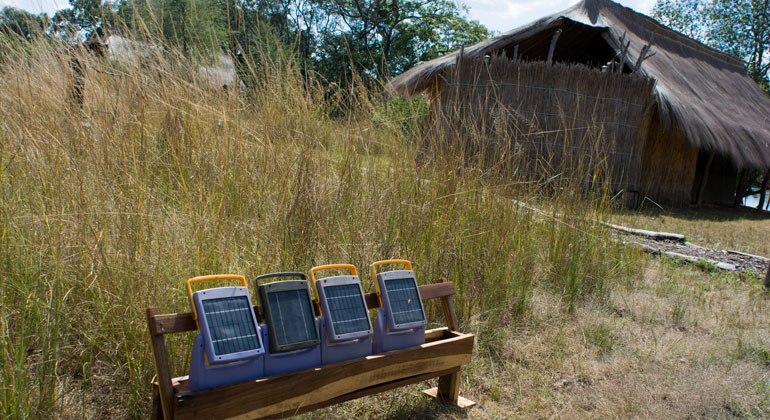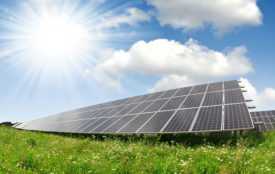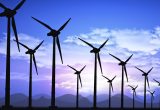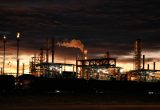Who Is Financing Fossil Fuel Expansion In Africa?
While delegates are currently negotiating at the UN climate summit in Sharm el-Sheikh, 55 companies are busy exploring for new oil and gas fields in Egypt alone.
The report identifies 200 companies that are exploring or developing new fossil fuel reserves or developing new fossil infrastructure such as liquefied natural gas (LNG) terminals, pipelines or gas- and coal-fired power plants in Africa – and the banks and investors behind these companies.
Which companies are leading oil and gas expansion in Africa?
French oil multinational TotalEnergies is the largest oil and gas developer in Africa. It already produces 25% of its total production there and plans to add 2.27 billion barrels of oil equivalent (boe) to its African production portfolio. Extracting and incinerating these new resources would be equivalent to three times France’s annual CO2 emissions. Of the top 20 oil and gas developers in Africa, 13 are foreign.
The corresponding graphics can be found here
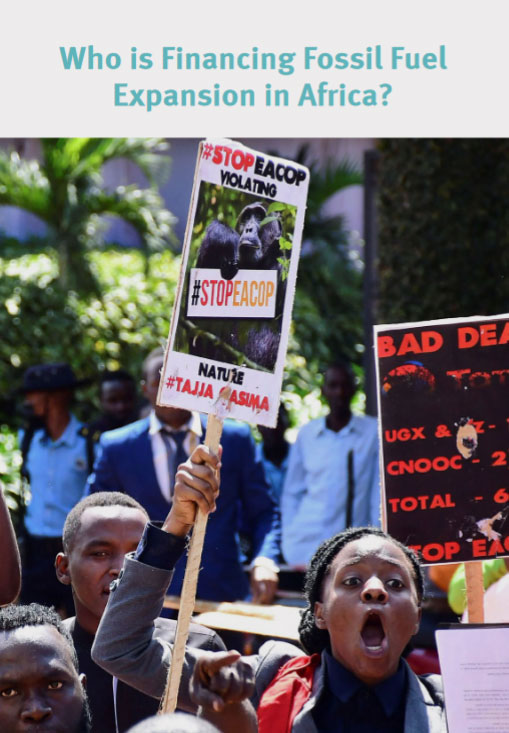
Energy Colonialism?
In Africa, oil and gas companies are developing new LNG terminals with a total capacity of over 87 million tons per year. These projects will increase existing LNG terminal capacity in Africa by 116%. But: Over 89% of new LNG infrastructure is built for export, mainly to Europe and Asia. Millions of Africans who still lack access to energy are unlikely to benefit from the continent’s oil and gas run.
Who is funding the tide of fossil expansion in Africa?
As of July 2022, more than 5,000 institutional investors held $109 billion in stocks and bonds in companies developing new fossil projects in Africa. The 23 largest investors account for 50% of this sum – 14 of them are headquartered in the US and six in Europe. Among them are Deutsche Bank with DWS and Allianz with its subsidiaries AGI and Pimco.
